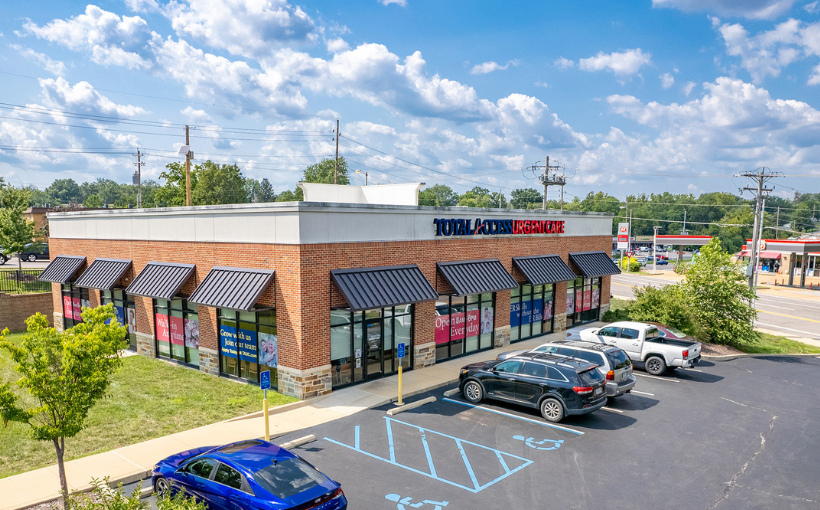Earlier this year, Alliant Credit Union, one of the largest credit unions in the nation based in Chicago, launched SBL Edge. This lending platform is specifically designed for small-balance commercial real estate borrowers in the multifamily, manufactured housing and self-storage sectors. We spoke with Charles Krawitz , Head of Commercial Real Estate Lending at Alliant to get his insights on emerging trends and what he believes lies ahead for the commercial real estate industry.
In order to understand this industry better, it is crucial to have a “longitudinal view.” This means looking beyond current market conditions and analyzing historical trends and economic cycles to develop a more comprehensive understanding of property performance over time. By having this perspective, investors can avoid making overly optimistic or pessimistic conclusions about a property’s potential based on short-term fluctuations. It also helps set realistic return expectations and builds trust with investors by avoiding overpromising.
One significant trend that has emerged over the past decade is how self-storage facilities are now seen as an institutional-quality asset class rather than just a niche segment. This shift can be attributed to several factors such as e-commerce driving demand for storage space due to increased online shopping activity. As a result of this recognition of value within self-storage properties, there has been an influx of capital into the market leading developers towards repurposing existing structures instead of new construction due its cost-effectiveness.
As Head Of Commercial Lending at Alliant Credit Union , Krawitz sees great opportunities for growth through their lending partnerships with niche lenders engaged in bridge and construction loans . These private lenders or debt funds typically specialize in specific asset types or geographic areas which allows them greater expertise when evaluating targeted opportunities resulting in more aggressive lending practices while still maintaining favorable risk/return profiles.
Looking ahead towards future developments within CRE , there will continue be shifts within traditional sectors like office spaces but also exciting changes happening within specialized markets such as industrial warehouses utilizing automation and technology to improve efficiency. Self-storage facilities will also see advancements in technology with features like contactless payments and access control becoming the norm. Student housing is another sector that will be impacted by technological innovations, with smart apartments featuring voice-activated assistants, eco-friendly controls, and app-powered services for rent payments and maintenance requests.
In order to stay ahead of these changes within the industry, it is important for CRE professionals to embrace proptech (property technology) and stay informed about new developments. By being proactive rather than reactive, they can shape the future of commercial real estate instead of just responding to it.




